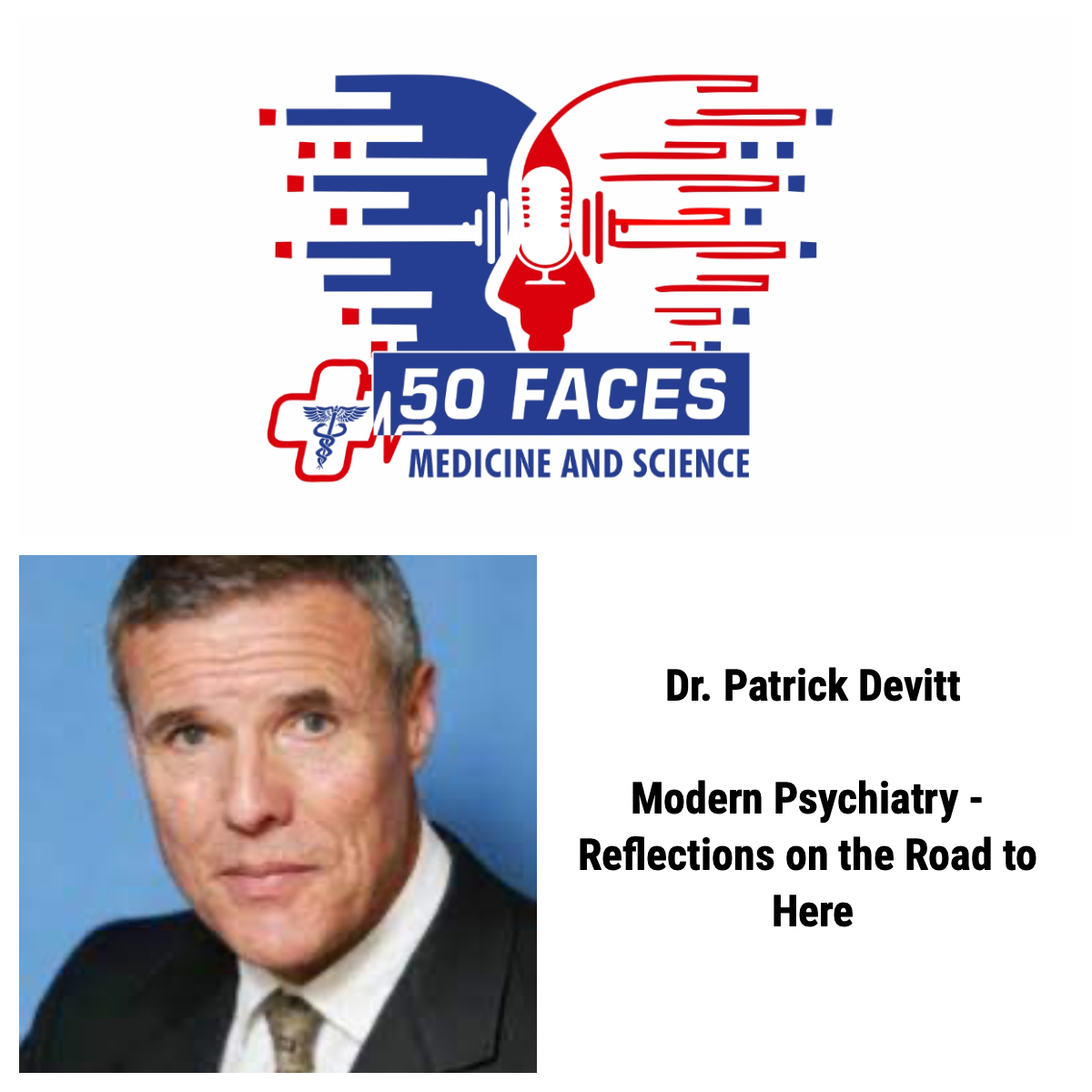 NEW
NEW Dr. Patrick Devitt is my father and co-host of the first series of Inspiring People in the Law. He is a consultant psychiatrist in in Dublin, Ireland, and formerly spent time as Mental Health Inspector. His area of specialty is community psychiatry and Medico-legal psychiatry. He also has degrees in law and science.
Our conversation starts with his upbringing in Dublin in the 1950s, why he initially pursued a degree in science and some of the twists and turns that led him to go back to pursue an undergraduate degree in medicine. We discuss his brief detour into a career in acting as an extra in TV advertisements – which, despite his promising good looks, was purely to pay the bills during medical school – and learn about his skillset in purposefully carrying a six pack of beer or preparing a cheese sandwich – all for the camera.
We spend some time discussing what it was like to return to study medicine while at a later stage in life than some of his peers, and how the “embarrassment” method of teaching was such a bonding experience that age was no barrier. We move then to his time in general practice and how that started to involve community mental health issues from the very beginning. This galvanized his interest in psychiatry, and we hear about his early years pursuing this profession.
We indulge then in a reasonably detailed dissection of the state of modern psychiatry, trace its development from the era of widespread institutionalization and transition to a community based treatment scheme. Dr. Devitt talks about the introduction of “game changing” anti-psychotic drugs which enabled better management and treatment and some of the failings of the transition to a community based treatment regime. We discuss the use of drugs in modern psychiatry and the massive growth in awareness of mental health issues among the general population.
Dr. Devitt then explains why he believes that mainstream psychiatry should focus on what he describes as the Big Five: Schizophrenia, Bipolar Disorder, Severe Depression, Severe Anxiety, and Severe Personality Disorders. We talk about the more holistic approach being taken overall, and why communication to family members, management of expectations and treatment is so key to successful outcomes.
Finally we examine diversity in medicine today, particularly in the field of psychiatry, and why medicine, as essentially a “problem solving” pursuit is so intellectually challenging and has such universal appeal. We then examine the role that running has played in this psychiatrist’s life, how it is key to managing anxiety and promoting wellbeing.
Dr. Devitt refers to the following article in the New York Times: https://www.nytimes.com/2022/10/04/opinion/us-mental-health-community-centers.html and the following book about the experience of young Medical Interns: https://www.goodreads.com/en/book/show/60858767-the-night-interns.

